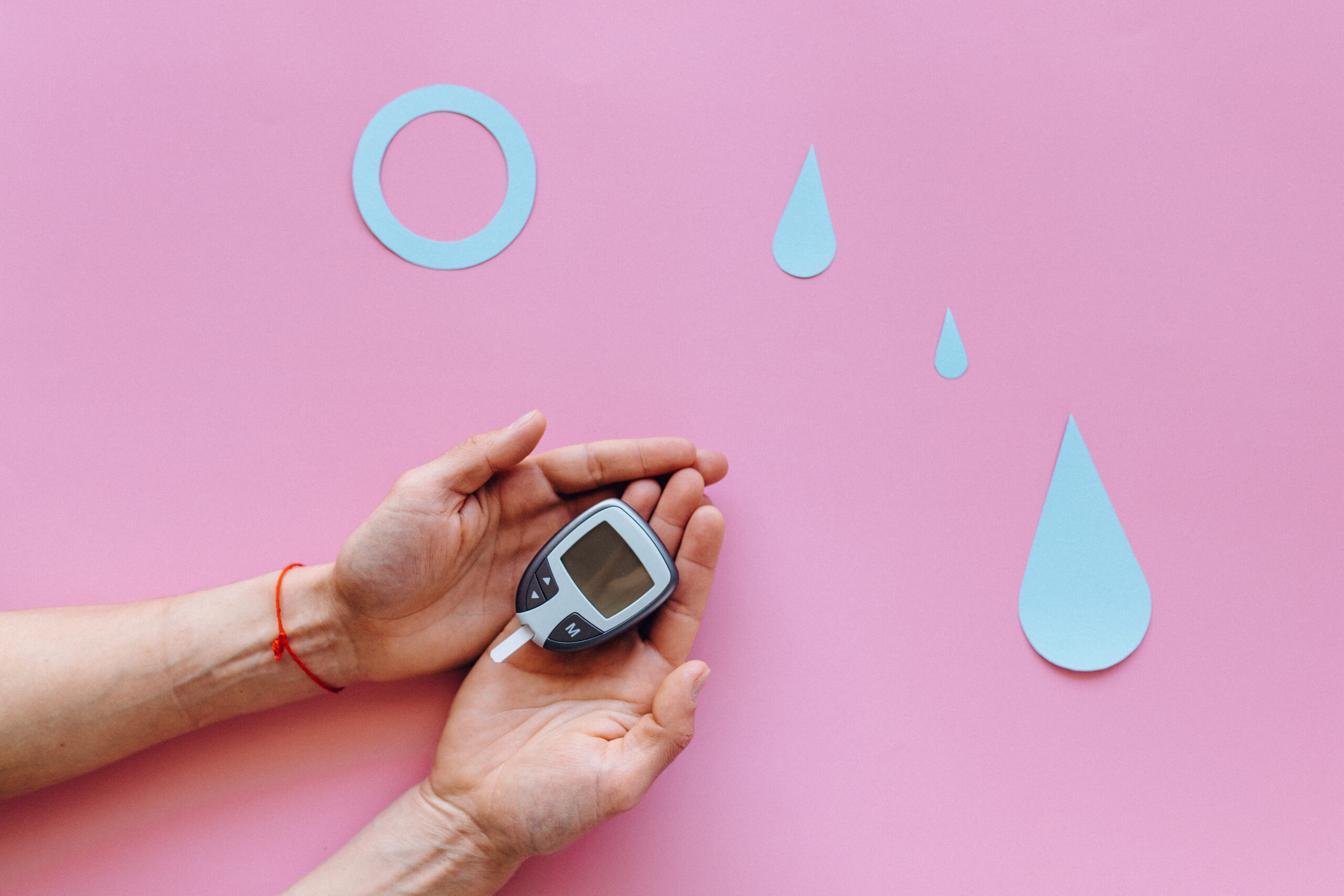Can Metformin cause low blood sugar?
Title: Can Metformin Cause Low Blood Sugar? Debunking the Myths
Introduction:Metformin is a widely prescribed medication for managing type 2 diabetes. It helps control blood glucose levels by enhancing insulin sensitivity and reducing the amount of glucose produced by the liver. While metformin is generally well-tolerated, some concerns have been raised about its potential to cause low blood sugar, known as hypoglycemia. In this blog, we will delve into this topic and debunk any misconceptions surrounding metformin’s association with low blood sugar.
Understanding Hypoglycemia:Hypoglycemia occurs when blood sugar levels drop below normal range (generally below 70 mg/dL). Symptoms may include dizziness, shakiness, confusion, rapid heartbeat, and sweating. Severe episodes can even lead to unconsciousness or seizures. However, it’s important to note that hypoglycemia is usually a side effect of certain diabetes medications that stimulate insulin production, such as sulfonylureas.
Does Metformin Cause Hypoglycemia?The short answer is no, metformin does not significantly increase the risk of hypoglycemia. Unlike sulfonylureas, metformin does not stimulate insulin release from the pancreas. Instead, it works by optimizing insulin action in the body and reducing excessive glucose production. As a result, metformin does not cause the sharp drops in blood sugar commonly associated with hypoglycemia.
However, it’s worth mentioning that rare cases of hypoglycemia have been reported when metformin is combined with other diabetes medications that do promote insulin secretion. These instances are mostly seen in individuals with advanced diabetes and compromised kidney or liver function. Therefore, it is crucial to follow the prescribed dosage and maintain regular monitoring of blood sugar levels when taking multiple medications simultaneously.
Preventing Hypoglycemia While Using Metformin:While metformin alone does not cause hypoglycemia, it’s still important to take certain precautions when managing your diabetes to prevent low blood sugar episodes. Here are a few helpful tips:
1. Medication Management: Ensure you take metformin as prescribed by your healthcare provider. Avoid skipping doses or altering the dosage without medical guidance.
2. Balanced Diet: Maintain a well-balanced diet, rich in whole grains, lean proteins, fruits, and vegetables. Avoid excessive intake of sugary or high-carbohydrate foods that can spike blood sugar levels.
3. Regular Monitoring: Keep track of your blood sugar levels regularly to ensure they stay within the target range. This will also help identify trends and patterns in your blood glucose levels.
4. Communication with Healthcare Provider: Regularly communicate with your healthcare provider, sharing any concerns or changes in your medication or lifestyle. They can provide personalized guidance to help prevent hypoglycemia.
Conclusion:In summary, metformin is not known to cause low blood sugar levels on its own. It is a safe and effective medication for managing type 2 diabetes. However, in rare cases, hypoglycemia may occur when metformin is combined with other diabetes medications that stimulate insulin secretion. By following the prescribed dosage, monitoring blood sugar levels, and maintaining a healthy lifestyle, individuals taking metformin can avoid the risk of experiencing hypoglycemia. Remember to consult your healthcare provider if you have any concerns or questions regarding your diabetes medication.



